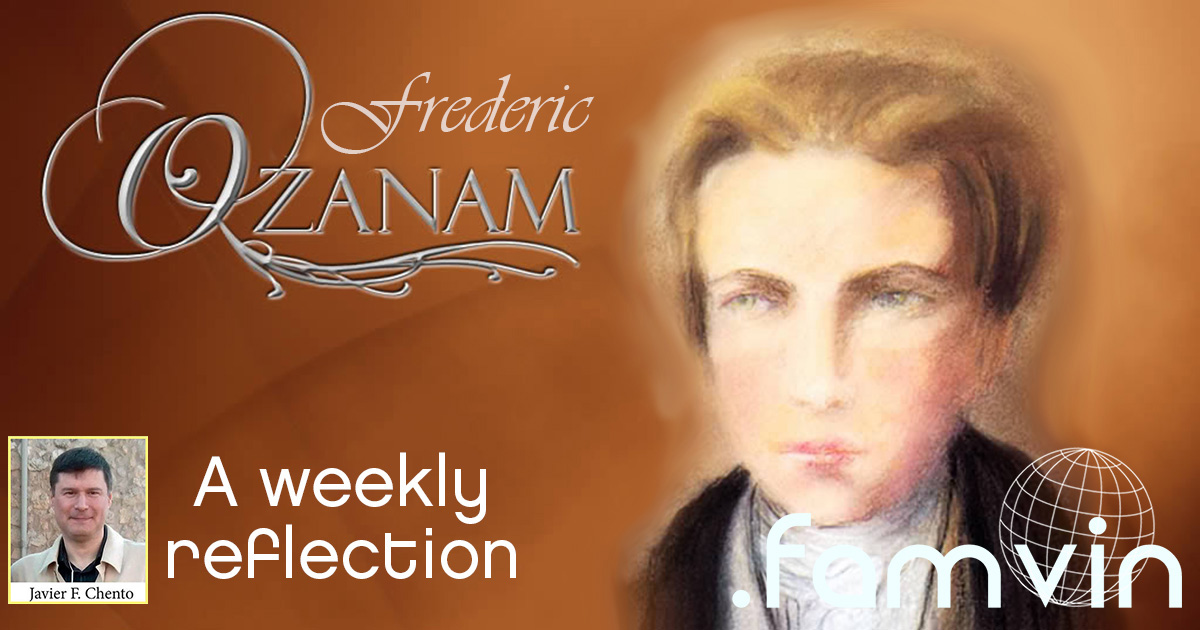On either side of a filthy sewer rise houses five stories high, many of which shelter fifty families. Low, damp, and noxious rooms; […] no paper, often not a single piece of furniture, hides the nakedness of the wretched walls. In a house of the Rue des Lyonnais we ourselves saw ten married couples without even a bed. One family lived in the depths of a cellar, with nothing but a handful of straw on the earthen floor, and a rope fastened from wall to wall, from which the poor creatures hung their bread in a rag to keep it out of the reach of the rats. In the next room a woman had lost three children from consumption, and she pointed in despair to three others who awaited the same fate. The upper stories were no more consoling. Right under the tile roof a garret without windows, only pierced with two holes, each closed by a pane of glass, afforded shelter to a tailor, his wife and eight children. Every night they crawled on their hands and knees to the straw served as a refuge at the extremity of the garret, close under the slanting roof.

Frederic Ozanam, article «Aux gens de bien» [To good people], in L’Ère Nouvelle, nº 151, September 15, 1848.
Reflection:
- Lyonnais Street (as a curiosity, let’s say that its name has no relation with the inhabitants of Lyon, but with a former owner named Jean Lyonnet) is only a few hundred meters from the center where Sister Rosalie Rendu lived and exercised her immense work between the poor, in the Latin Quarter of Paris. The members of the Society of St. Vincent de Paul —particularly, Frederic Ozanam — knew the area very well because it was there that they began to help the needy in 1833. Sr. Rosalie introduced Frederic Ozanam and his companions to the dwellings of the poor, who lived in the attics and in the basements, in houses that, built at the end of the Middle Ages, were already very old in the times of Ozanam.
- In June 1848, the workers of Paris rose against the new laws promulgated by the conservatives, but the uprising did not last long. Street fights broke out in several districts and Sister Rosalie Rendu, who was already a well-known and beloved person among the poor and workers of Paris, tried to mediate in order to achieve peace: “During a mutiny, a regular army officer, who was left alone in a barricade in the midst of his dead soldiers, fled the battle and took refuge in the courtyard of the house of charity. The mutineers followed him and were about to shoot him. Sr. Rosalie then said in this beautiful cry of faith: ‘There is no killing here!‘” (Cf. Henri Desmet, Sœur Rosalie, 50 ans d’apostolat au Quartier Mouffetard, Paris: Pierre Kremer, 1954, chapter 16).
- In this text, Frederic tells us some of his experiences with the helpless in that area; it is unusual to be able to read first hand, from Ozanam’s pen, the account of how the poor lived in Paris at the time. His words describing the stark reality of the poor in the urban area of Paris, surviving little less than animals, in deplorable hygienic conditions, consumed by disease and dying because of the abandonment of society, make us shudder.
- We could naively think that these are “things of the past,” that these situations no longer occur and that those in need are better served, not only by charity, but also by governments. And we would be naive if we thought so. The truth is that, in this, we continue to witness the pain and misery camping in large belts of poverty in almost every city in the industrialized world. Frederic’s descriptions are not far from those any Vincentian might do in Madrid, New York, Lima, or Kuwait. Our mission, of course, is to alleviate the situation of those who suffer this misery, but it must also be our mission to denounce and bring to light the intolerable realities in which so many human beings have to live, in the face of general indifference and oversight of the leaders.
Questions for dialogue:
- Do we collaborate among the different branches of the Vincentian Family to better serve the poor, as Sister Rosalie did with the nascent Society of St. Vincent de Paul, in 1833?
- How do the poor live in my environment? Do I know their reality? Do I visit them?
- At local level, what are we Vincentians doing to alleviate their precariousness?
- Do we denounce before society, before the authorities, their situation? Are we the voice of the voiceless? Do we bring to light what selfishness, indifference and inequality is causing?
Javier F. Chento
![]() @javierchento
@javierchento
![]() JavierChento
JavierChento






0 Comments